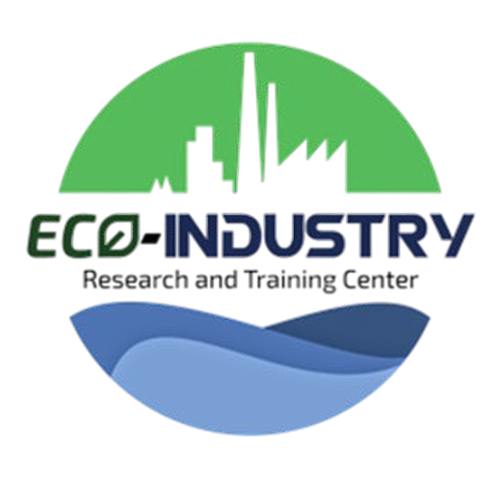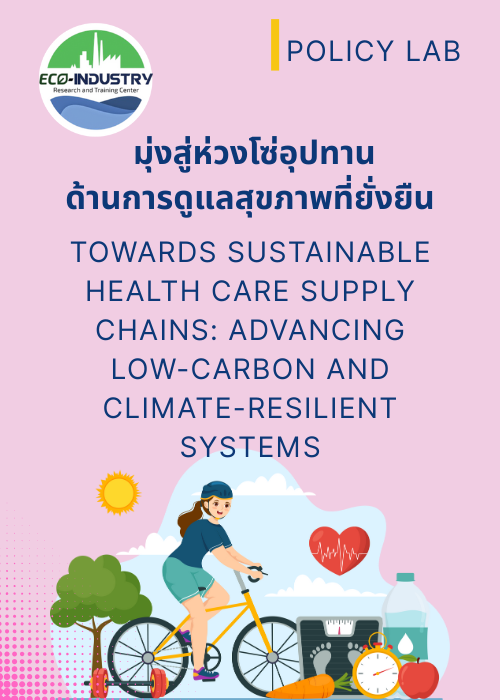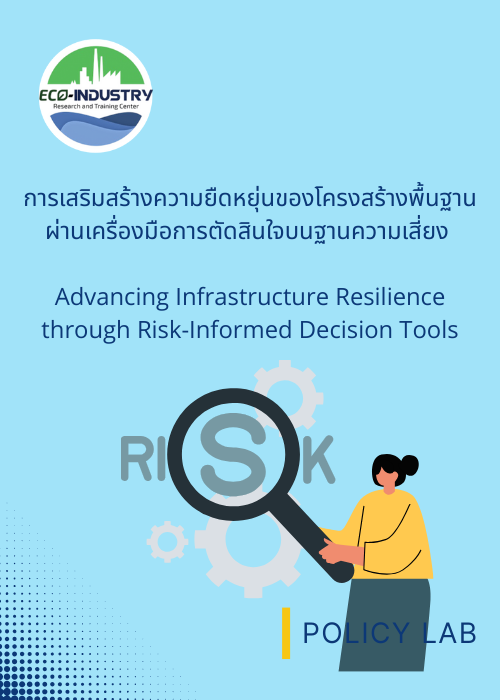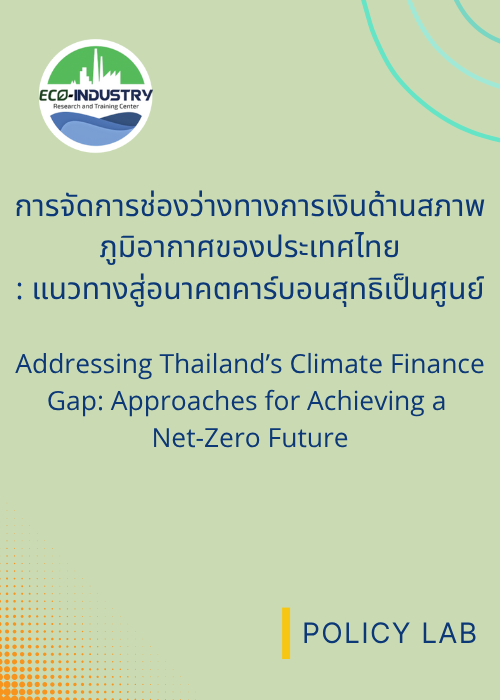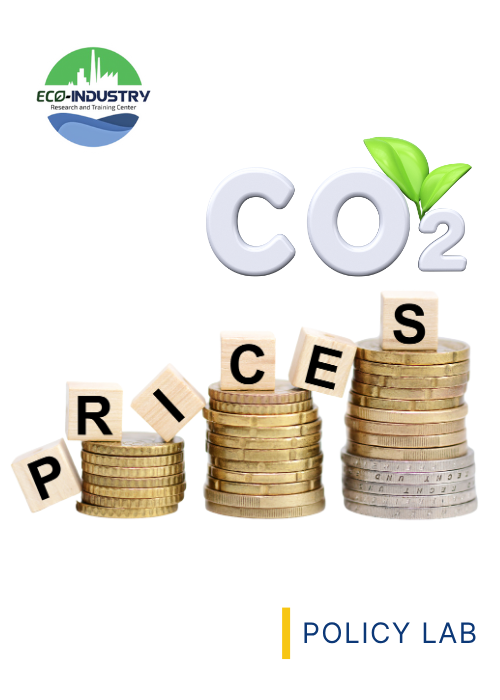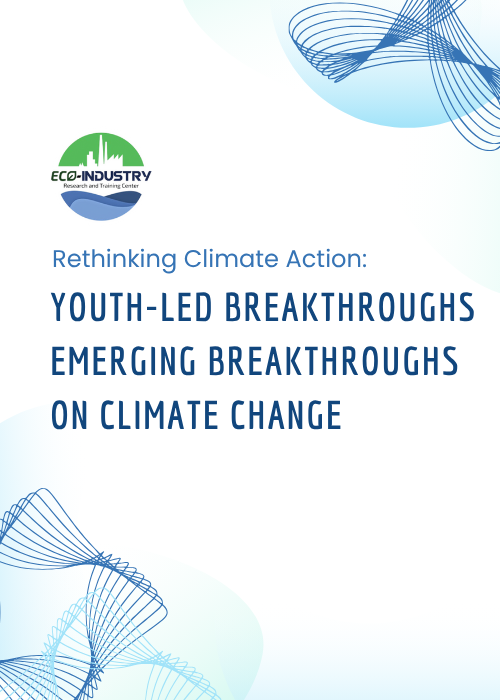มุ่งสู่ห่วงโซ่อุปทานด้านการดูแลสุขภาพที่ยั่งยืน Towards Sustainable Health Care Supply Chains: Advancing Low-Carbon and Climate-Resilient Systems
มุ่งสู่ห่วงโซ่อุปทานด้านการดูแลสุขภาพที่ยั่งยืน: การยกระดับระบบคาร์บอนต่ำและระบบที่มีความยืดหยุ่นต่อสภาพภูมิอากาศTowards Sustainable Health Care Supply Chains: Advancing Low-Carbon and Climate-Resilient Systems ระบบสุขภาพมีการพึ่งพาห่วงโซ่อุปทานทั้งในระดับท้องถิ่นและระดับโลกอย่างมาก ทั้งในด้านพลังงาน…
การเสริมสร้างความยืดหยุ่นของโครงสร้างพื้นฐานผ่านเครื่องมือการตัดสินใจบนฐานความเสี่ยง Advancing Infrastructure Resilience through Risk-Informed Decision Tools
การเสริมสร้างความยืดหยุ่นของโครงสร้างพื้นฐานผ่านเครื่องมือการตัดสินใจบนฐานความเสี่ยงAdvancing Infrastructure Resilience through Risk-Informed Decision Tools ภายใต้บริบทของการเปลี่ยนแปลงสภาพภูมิอากาศที่ทวีความรุนแรงเพิ่มขึ้น และความถี่ของภัยพิบัติที่ปรากฏชัดเจนมากยิ่งขึ้น ระบบโครงสร้างพื้นฐานจำเป็นต้องได้รับการออกแบบและบริหารจัดการให้มีความยืดหยุ่น เพื่อสนับสนุนการพัฒนาที่ยั่งยืนอย่างมีประสิทธิผล โครงสร้างพื้นฐานเป็นฐานรองรับ มากถึงร้อยละ 92 ของเป้าหมายการพัฒนาที่ยั่งยืน…
การจัดการช่องว่างทางการเงินด้านสภาพภูมิอากาศของประเทศไทย : แนวทางสู่อนาคตคาร์บอนสุทธิเป็นศูนย์ Addressing Thailand’s Climate Finance Gap: Approaches for Achieving a Net-Zero Future
การจัดการช่องว่างทางการเงินด้านสภาพภูมิอากาศของประเทศไทย : แนวทางสู่อนาคตคาร์บอนสุทธิเป็นศูนย์ Addressing Thailand’s Climate Finance Gap: Approaches for Achieving a Net-Zero Future …
ภาพรวมของระบบการกำหนดราคาคาร์บอน: สถานการณ์ทั่วโลกและบริบทของประเทศไทย (Policy Lab Brief: An Overview of Carbon Pricing: Global Status and Thailand Context)
ภาพรวมของระบบการกำหนดราคาคาร์บอน: สถานการณ์ทั่วโลกและบริบทของประเทศไทย (Policy Lab Brief: An Overview of Carbon Pricing: Global Status and Thailand Context)…
การเสริมสร้างความเข้มแข็งของข้อตกลงที่ประเทศกำหนดขึ้นเอง (Nationally Determined Contributions: NDCs) ผ่านปฏิบัติการด้านสภาพภูมิอากาศในเขตเมือง (Urban Climate Action)
Strengthening Nationally Determined Contribution (NDCs) through Urban Climate Action การเสริมสร้างความเข้มแข็งของข้อตกลงที่ประเทศกำหนดขึ้นเอง (Nationally Determined Contributions: NDCs) ผ่านปฏิบัติการด้านสภาพภูมิอากาศในเขตเมือง …
กลไกการปรับราคาคาร์บอนข้ามพรมแดน (CBAM) และผลกระทบที่อาจเกิดขึ้นกับประเทศไทย
Carbon Border Adjustment Mechanism (CBAM) and Its Implications for Thailand ความเข้าใจเกี่ยวกับกลไกการปรับราคาคาร์บอนข้ามพรมแดน (CBAM) สหภาพยุโรปได้ริเริ่มใช้กลไกการปรับราคาคาร์บอนข้ามพรมแดน (Carbon…
Accelerating Climate Action through the United Nations SDGs 2025 Report
การดำเนินการด้านสภาพภูมิอากาศผ่านรายงานเป้าหมายการพัฒนาที่ยั่งยืนแห่งสหประชาชาติ ปี 2025 Accelerating Climate Action through the United Nations SDGs 2025 Report การดำเนินการด้านสภาพภูมิอากาศผ่านรายงานเป้าหมายการพัฒนาที่ยั่งยืนแห่งสหประชาชาติ ปี…
Eleven Pathways to Effective Climate Mitigation in Intermediary Cities: A Review with Reflections on Lampang and Nakhon Pathom, Thailand
11 แนวทางสู่การบรรเทาการเปลี่ยนแปลงสภาพภูมิอากาศอย่างมีประสิทธิภาพในเมืองศูนย์กลางระดับกลาง: การทบทวนพร้อมข้อสะท้อนจากกรณีศึกษา ลำปาง และ นครปฐม ประเทศไทย Policy Lab: Eco-Industry Research and Training Center, Eleven…
Rethinking Climate Action: Youth-Led Breakthroughs
การทบทวนการดำเนินการด้านสภาพภูมิอากาศ: นวัตกรรมความก้าวหน้าที่ขับเคลื่อนโดยเยาวชน“ความก้าวหน้าที่เกิดขึ้นใหม่ในการรับมือการเปลี่ยนแปลงสภาพภูมิอากาศ” Rethinking Climate Action: Youth-Led Breakthroughs Emerging Breakthroughs on Climate Change Despite the increasing…
ศูนย์วิจัยและฝึกอบรมนิเวศวิทยาอุตสาหกรรม Eco-Industry Research and Training Center
อาคาร 1 ชั้น 3 คณะสิ่งแวดล้อมและทรัพยากรศาสตร์ มหาวิทยาลัยมหิดล
999 ถนนพุทธมณฑลสายสี่ ตำบลศาลายา อำเภอพุทธมณฑล จังหวัดนครปฐม 73170
